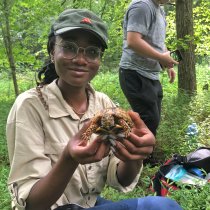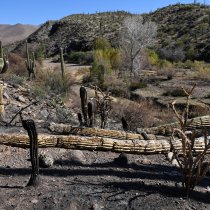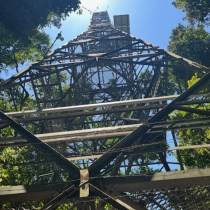NSF announces Early NEON Science awards
September 23, 2016
The National Science Foundation (NSF) Directorate for Biological Sciences has awarded $15.9 million for 12 new MacroSystems Biology and Early NEON (National Ecological Observatory Network) Science projects. According to NSF assistant director for Biological Sciences, James Olds, the MacroSystems Biology and Early NEON Science awards "allow us to study issues that have become critical to the future of our planet in ways that will foster a new understanding of, for example, the ecology of major cities and the water quality of lakes in the continental U.S."
The NEON awards focus on regional- to continental-scale research that “use or leverage NEON data and/or NEON samples and specimens to address innovative ecological or other biological questions, or develop analytic or computational tools that enhance the use and value of NEON data.”
Awardees come from a variety of institutions illustrating how NEON may be used as a research infrastructure by both large and small institutions, as well as individual PIs. Using NEON’s free and open access data and infrastructure, researchers will address a wide breadth of topics. For example, Scott Ollinger from the University of New Hampshire will study the influence of biological diversity on land-atmosphere exchange in forests. Jennifer Cotton from California State University, Northridge will do a study about understanding the effects of climate and landscape change on small mammal ecology over the past 100 years. In many cases, researchers will create tools and data sets to complement the data and resources NEON provides, as well as train early career scientists in cross-disciplinary research to better address cross-cutting questions in global ecology.
For a full list of awards visit the NSF website. The next round of NSF Macrosystems Biology & Early NEON Science Proposals are due October 17, 2016.



